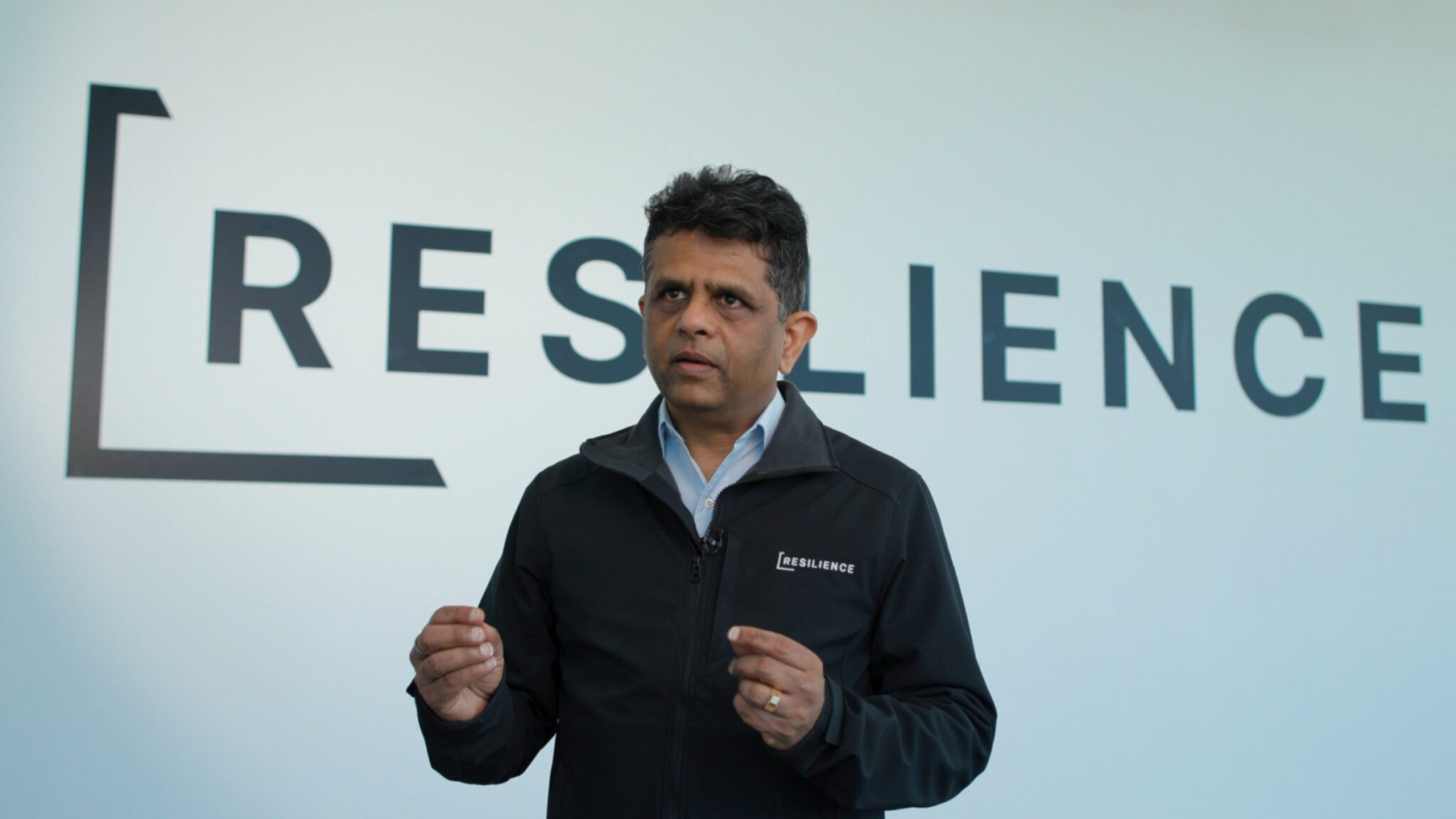
Rahul Singhvi, Resilience CEO
A Bob Nelsen startup turns to Harvard to help sharpen its tech, inspiring first spinout
One of Bob Nelsen’s latest projects is headed to Harvard.
Resilience, a company started with the goal of establishing itself as a “one-stop-shop” for companies …
Sign up to read this article for free.
Get free access to a limited number of articles, plus choose newsletters to get straight to your inbox.